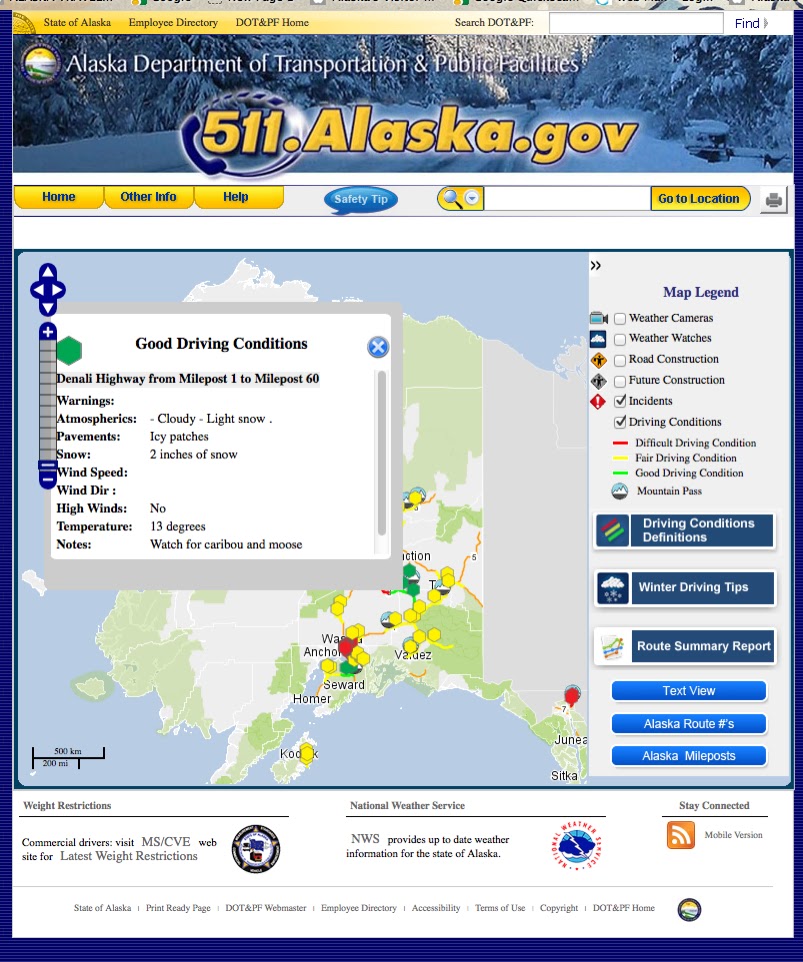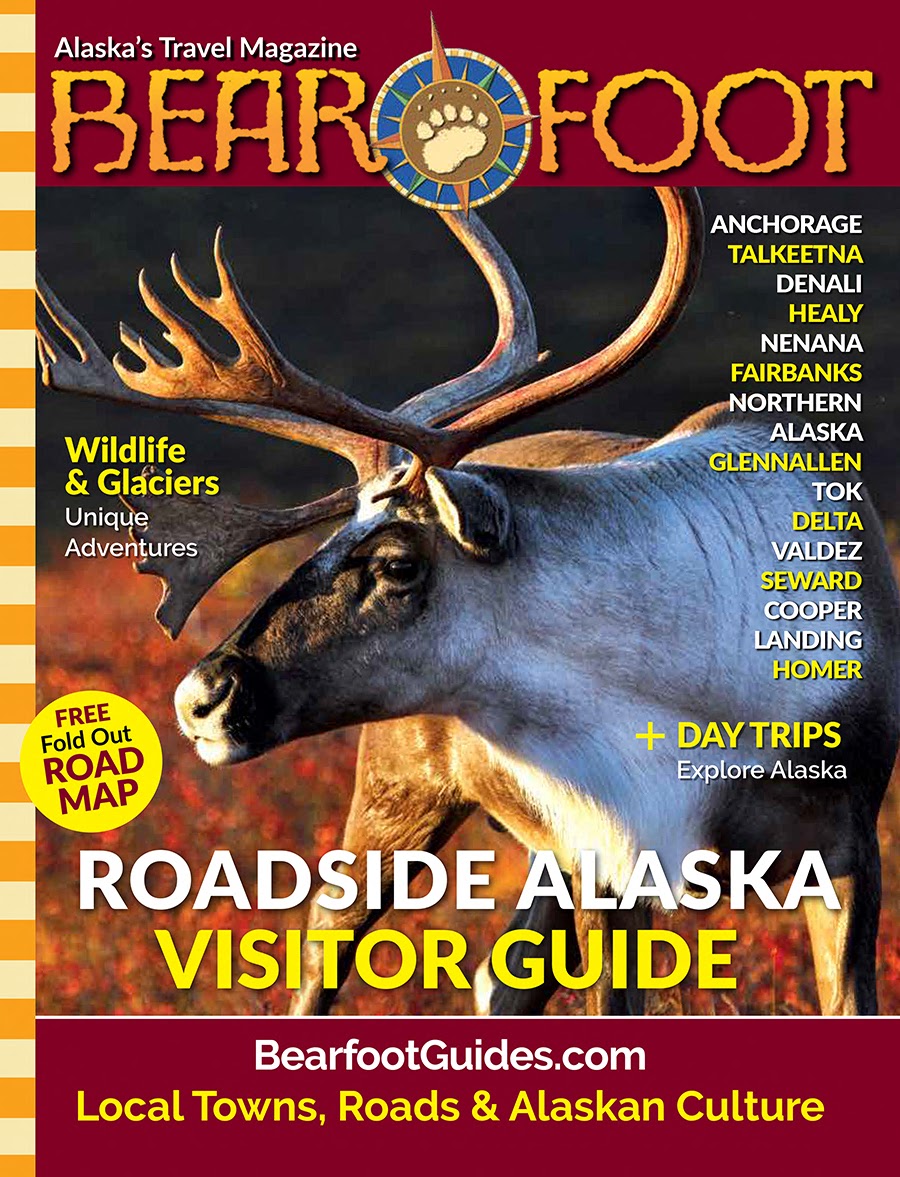Proposed Bill Would Ask Tribes & Locals To Help Rename The Glenn Highway
Apparently Nobody Knew Edwin Glenn Was A Court Martialed Waterboarder When The Highway Got Its Name Edwin Forbes Glenn The Alaska State Le...
https://www.countryjournal2020.com/2022/03/new-bill-would-ask-tribes-locals-to.html
Apparently Nobody Knew Edwin Glenn Was A Court Martialed Waterboarder When The Highway Got Its Name

Edwin Forbes Glenn

The Alaska State Legislature may consider renaming the Glenn Highway. A legislator named Zack Fields, D-Anchorage, has introduced House Bill 352, which would require tribes and local residents to come up with a better name for the Glenn Highway. One that doesn't glorify the first waterboarder ever found guilty in the United States.
The highway, which runs from Anchorage to Glennallen, through winding mountain passes, is named after a long-ago U.S. soldier and Copper Valley explorer, Edwin Glenn.
In Alaska, Glenn is commonly known as a guy who wandered the mountains with horses and mules in the early days, and wrote about his harrowing exploits for the government.
But outside of Alaska, among military experts, Edwin Glenn is known for being a convicted military torturer.
Back To The Days Of Columbus
Edwin Glenn was a waterboarder.
Waterboarding is the practice of torturing prisoners and trying to get them to cooperate by holding them down, propping their mouths open with sticks or funnels, and pouring water down their throats until they start to drown. Then, presumably, as they are about to die, the idea is that they will start to "talk."
Many experts say it doesn't work. Somebody about to die will agree with anything you ask – and it's not necessarily true.
The first known waterboarding torture was put into play by Ferdinand and Isabella – the elegant power couple who launched Christopher Columbus onto his voyage to the New World.
Waterboarding was part of the toolbox of the Spanish Inquisition, known mainly for torturing people in the name of God.
Ferdinand and Isabella invented the Inquisition, too.
The first American incident of waterboarding in war was in the early 1900s, and the first and only U.S. military soldier ever found "guilty" of this crime was Edwin Glenn.
Edwin Glenn In Alaska
In 1898, before he went to the Philippines, Captain Edwin Glenn seemed to be on his way to a more promising future than what finally occurred. Glenn launched an exploratory expedition into Alaska through Cook Inlet. He took his gear with him on hard-to-handle horses, and had a rough time of it, thrashing through the trackless wilds toward the Copper Valley.
While in Alaska, Edwin Glenn seemed friendly and befuddled, not sinister. When Edwin Glenn wrote up his Alaskan adventures for the U.S. government, his official reports were entertaining.
Edwin Glenn was a droll chatty fellow, who had trouble managing his runaway, heavily-loaded pack animals. Glenn spent a lot of time writing in his official reports about the terrain and his humorous attempts to bake sphagnum moss into bread because there was nothing much else to eat.
As he moved his way into the Copper Valley, along the Matanuska River with his men, pushing his way through the brush and the bugs, Edwin Glenn began to feel the pain.
He laughed at himself: "I had personally assisted in cutting the trails, and not being accustomed to swinging an ax, found it very tiresome," he noted wryly in his report.
Harry Builds A Road
How did someone like Edwin Glenn ever become formally tied with the name of our highway, and with Glennallen in the first place? It was probably because Alaskans only knew his name and bits and pieces of his adventures – not his whole life.
Apparently, we can blame it all on Harry Heintz, of Slana.
In 1941 and 1942, following a cat trail that Harry had worked on, a civilian crew, living out of tent camps, followed Harry's rough route and laid down what is known in Alaska as a "pioneer road." This was a dirt trail that later became the Glenn Highway. A pioneer road used everything that was available – including corduroy (logs placed side-by-side), gravel and sand. When the crew came to the daunting canyon of Caribou Creek, and to other major gulches, including Jackass Curve, they crossed them by building bridges out of logs.
The construction of what was to be known as the Glenn Highway was considered a military secret, and was completed in two years. "Most people can't comprehend what we did do. It was no contractors. Just will power," said Harry. The Copper River way.
Meanwhile, using Slana as a jumping off point, the Army Corps of Engineers punched another pioneer road – to the Canada border. By the winter of 1942, the Alaskan stretch of the Alcan Highway was completed, and goods could be freighted across Canada to Anchorage.
How Glennallen Got Its Name
So now there was a new road, starting at the highway camp of Moose Creek, where the Glennallen Library is now. This was the start of a real town. But what was that town's name?
Harry had an idea.
"The superintendent one day, he says to me (I'm working 28 hours out of the 24) he says, 'Harry, this is Moose Creek. And it's going to be quite a settlement some day," Harry recalled. "This is Mr. Shepherd. He says, 'We got to have a name for this area -- this Moose Creek area.'
"I said, 'Well, Mr. Shepherd, in the early days when the army was surveying up the Copper River Country to Fairbanks, two of the head engineers of that party – one was a Major Glenn and the other was a Lieutenant Allen.
"So I says, 'Mr. Shepherd, my uncle was here in the early days. I used to hear him talk about Glenn and Allen.'
"So I says, 'Mr. Shepherd, this is a new settlement going in here. How about naming it Glennallen, in honor of those two men?" So he says, "I'll write to Washington DC to get that name. And about a month and a half later, he flagged me down. He says, 'Harry, our new settlement here will be Glennallen."
Everybody's Your Enemy
It is questionable whether Edwin Glenn ever deserved the honor of having even as modest and wild a road as the Glenn Highway named after him in 1942. Or even the town of Glennallen – which never did turn into “quite a settlement.”
Besides, Harry was wrong; Glenn was not an engineer, and neither was Allen. Both were military men, exploring the Copper Valley using different routes, at different times. Neither one of them had anything to do with road-making.
Glennallen's namesakes went on to other things after their stints in Alaska. After the initial flurry of military activity in the northland, at the end of the 19th and beginning of the 20th centuries, almost all of the military personnel in Alaska turned to fighting in the Philippines – including both Captain Edwin Glenn and Lt. Henry T. Allen.
In the Philippines, Glenn's life took a bad turn. He became the head of a mobile torture unit that reinstated Spanish Inquisition-style waterboarding on the Filipinos, to extract information.
Glenn became convinced, very early, that all Filipinos were guilty of treason.
In a Chicago Tribune story of the times, Glenn was quoted as saying, "I found soon after my arrival in Panay that every man's hand was against us and that every man, woman and child in the island was an enemy, and in my best judgement they are today and always will be."
According to the reports back then, Edwin Glenn was an "enthusiastic" torturer. But Glenn wasn't the only one.
Groups of men of the U.S. military, dressed up like Boy Scouts, their round canteens dangling, can be viewed in old photos on the internet, busily waterboarding the people of the Philippines out in a tropical village square, their little army sun hats perched on their heads.
In one photo, seven American soldiers pour water down the throat of a half-naked, hapless Filipino. An eighth soldier lounges on the butt of a rifle, casually watching.
Lots of people didn't see anything wrong with this. In 1902, the future president of the United States defended what was commonly called "the water cure." Theodore Roosevelt wrote, "Nobody was seriously damaged."
But Congress, believing waterboarding to be torture, disagreed and held Congressional hearings. Edwin Glenn was caught in the cross-fire.
Edwin F. Glenn was quoted extensively in national papers. He claimed waterboarding had saved lives. Although court martialed and convicted, Edwin F. Glenn, formerly of Alaska, was sentenced to only one month suspension and a fine of $50.
What About: Katie John Highway
Meanwhile, skipping to March, 2022...
Improbably, somebody actually wants local people to rename something in the Copper River Valley after an actual local hero.
Zack Fields, who came up with the idea of renaming the Glenn, is quoted in the Anchorage Daily News as welcoming the idea of tying the name of the highway to Ahtna culture. He suggested renaming it the "Katie John Highway" after Ahtna elder Katie John, a champion of subsistence fishing rights for rural people. He suggested that local people help rename the highway.
Fields' idea came under immediate attack by other legislators as being too expensive and part of "cancel culture."

















